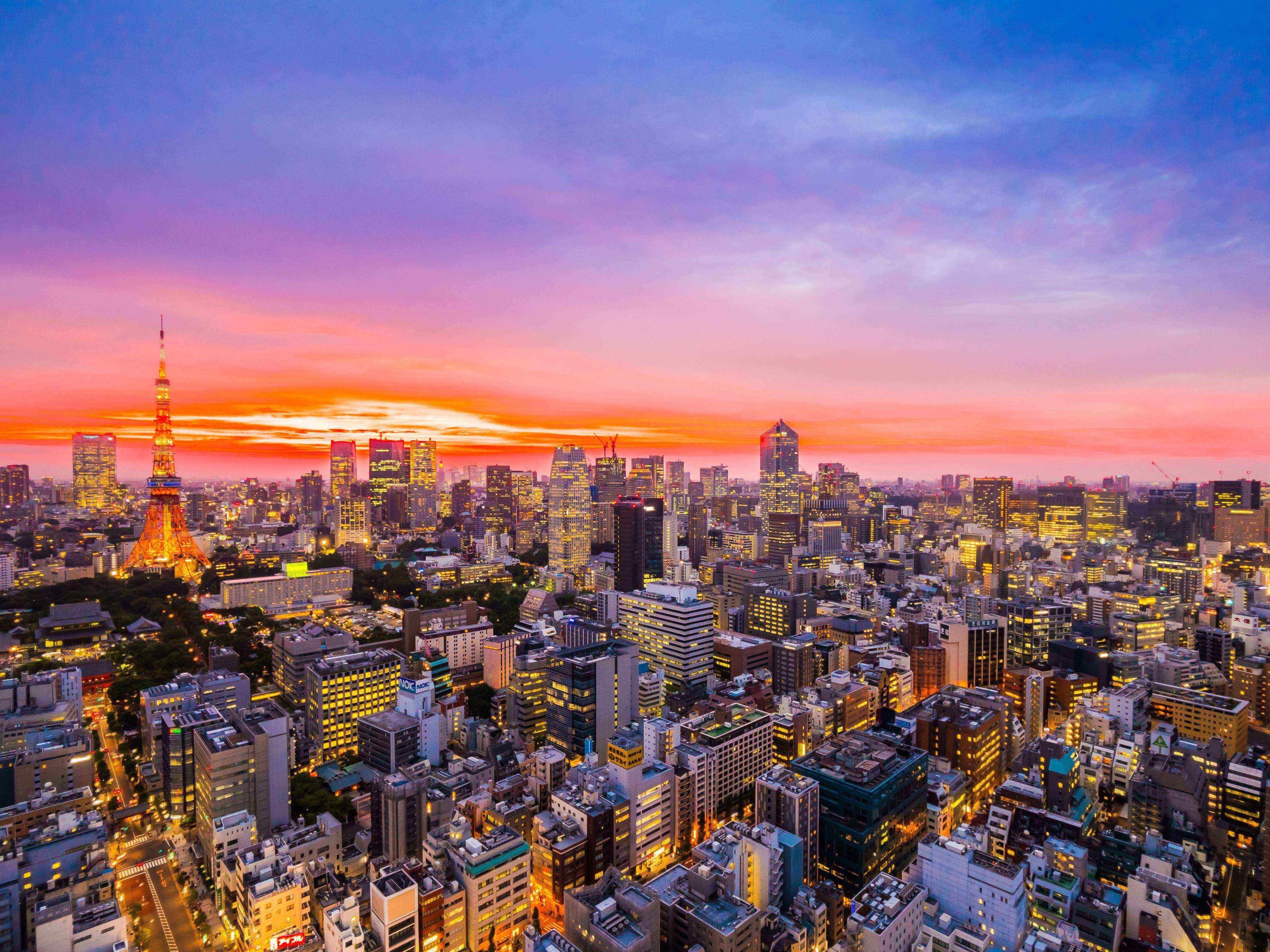A recent report by CBRE has found that while investor confidence in data centers is expected to strengthen over the remainder of the decade, due to growth of AI and cloud, investors in South Korea are increasingly looking outside expensive established markets like Seoul in a bid to find affordable power and land. Meanwhile in Japan, many companies are considering transforming existing industrial buildings into data centers, even as they face hurdles in securing power, particularly renewable energy.
Beginning on an upbeat note, the report titled Asia Pacific Data Center Trends and Opportunities says that despite the rising cost of debt across the Asia Pacific region, data center yields have remained relatively stable over the past 12-24 months, thus retaining the interest of investors. However, there are concerns surrounding the availability of affordable land and reliable energy supply, especially in South Korea and Japan.
South Korea: Power constraints push DC development out of Seoul
The report finds that in South Korea, land prices have increased substantially due to limited land lots for data center development in established markets like Seoul, causing investors and end-users to compete to secure powered land. It explains, that since 2024, Korea Electric Power Corporation (KEPCO) has restricted power supply to new data center projects. “With future supply expected to be tight, competition among investors and operators to secure available options is expected to intensify”, it predicts.
It sheds further light on trends in Seoul saying, power constraints are encouraging data center operators to seek smaller sized facilities in the capital city, with a target capacity of about 10 MW. Meanwhile local conglomerates were eyeing locations like Gumi and Ulsan in the southern part of the peninsula to build data centers due to availability of power at more affordable rates.
Japan: Repurposing existing industrial units
When it comes to Japan, it finds that securing adequate power supply remains a challenge, and that companies have started looking for land outside major cities with access to green energy. Moreover, land supply is limited in Tokyo and Osaka, causing operators to look to Kyoto, Wakayama, and Hiroshima.
Meanwhile, rents for all types of data centers increased from 2020-2023. “However, as the supply cycle peaked and operators slowed down rental increases to attract users, rental rates in 2024 remained flat on a year-on-year basis; a trend likely to continue into 2025. Direct investment from foreign capital remains strong, with the trend likely to continue as institutional investors look to recycle capital,” it says.
The report further says, “Several foreign investors are building mega-sized built-to-suite data center campuses, while some domestic corporates are looking to convert older factories with ample power capacity to data centers.” But this is not without challenges either. “Operators are finding it more challenging to performing conversions as they are experiencing some difficulty in meeting client specific build requests,” finds the report.
However, there is another emerging concern, and this pertains to building AI-ready data centers. “Upcoming supply in 2025-2026 is not designed to accommodate AI demand as these as these assets were designed before the rise in AI demand materialized,” finds the report. It expects AI-ready supply to become available around 2027-2029.



